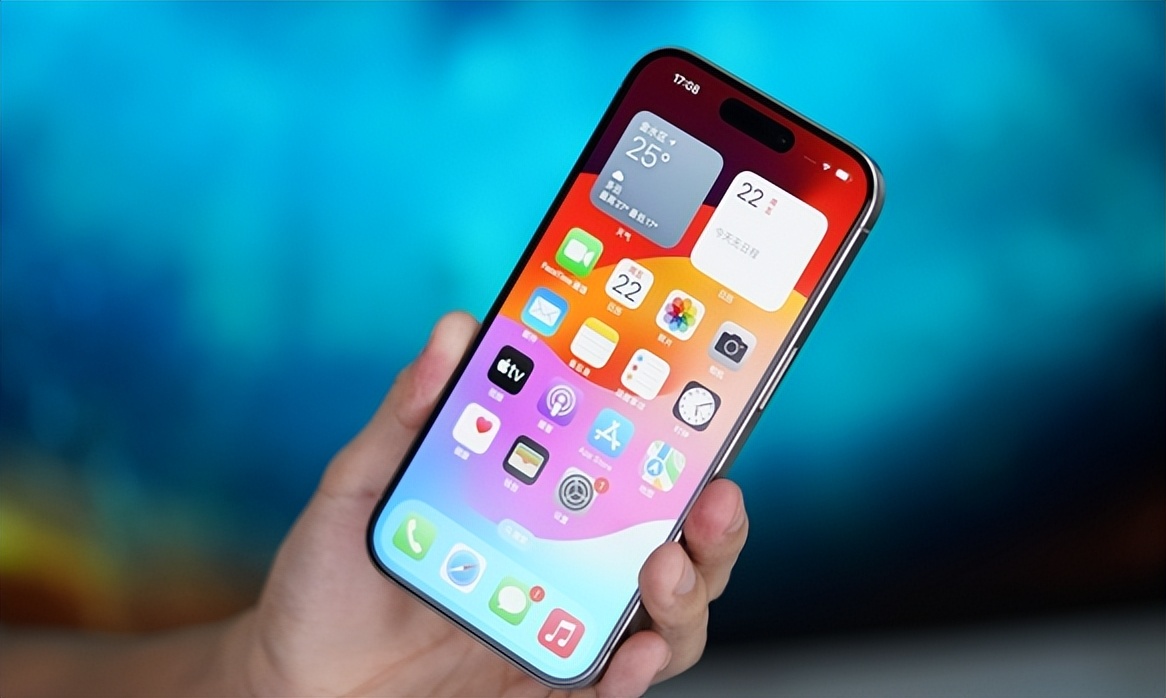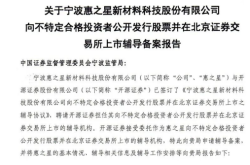Apple Products Face Unprecedented Price Hikes: Behind the Helpless Reason
![]() 04/07 2025
04/07 2025
![]() 659
659
Throughout the lifecycle of any product, from its debut to eventual retirement, maintaining a consistent price is a rarity. Generally, prices tend to decline over time, a trend that has intensified in the smartphone market since late last year. Even Apple, renowned for its premium pricing, has followed suit, with the iPhone 16e experiencing a remarkable 1000 yuan price drop within a month. However, if you hear that all Apple products, including iPhones, are about to undergo unprecedented price hikes, it might come as a surprise and leave you wondering the cause.
The reason behind this significant price increase, I must say, may leave Apple feeling quite helpless. The culprit is tariffs, a topic that has been in the news lately. Despite Apple's global appeal, its ties with China are inseparable. Not only does it rely heavily on domestic suppliers for components, but a substantial portion of its products are also assembled there. In fact, Apple's annual revenue of hundreds of billions of dollars owes much to China's robust supply chain.

Unfortunately, tariff issues have now altered the landscape, significantly increasing product costs. To safeguard its profits, Apple has no choice but to pass these costs on to consumers through price hikes. This trend will affect not just the domestic market but also the international market, albeit to a lesser extent. Apple is deeply reluctant to take this step but, given the circumstances, it sees no viable alternative.
According to international analysts, prices for nearly all Apple products are expected to rise by approximately 40%, with the iPhone and Apple Watch experiencing the steepest hikes at up to 43%. To estimate the new selling prices, simply apply this percentage to the current ones. For Apple, this price surge will undoubtedly have adverse effects, most notably a sharp decline in product sales.

Such drastic price hikes will render most Apple products unaffordable for many users. Those planning to upgrade their devices may have to postpone their decisions and observe how the situation evolves. For Apple, it's a Catch-22: if prices don't increase, production costs become unsustainable; if they do, sales will plummet. Few decisions are as difficult for a company. Perhaps influenced by this predicament, Apple's market value has recently plummeted, dropping to $2.83 trillion from $3.38 trillion a week ago.
You might wonder how much cash Apple stands to lose if this situation persists. According to professional estimates, the loss could reach a staggering $40 billion—an unbearable sum even for a financially robust company like Apple.

Is there any hope for a reprieve? The possibility exists. In 2019, Apple received a tariff exemption, and there's a chance it might secure similar relief this time around. However, that remains to be seen.



